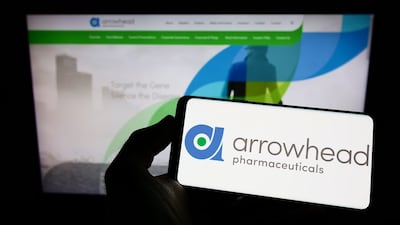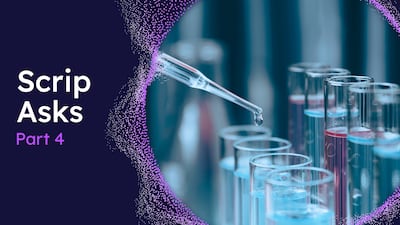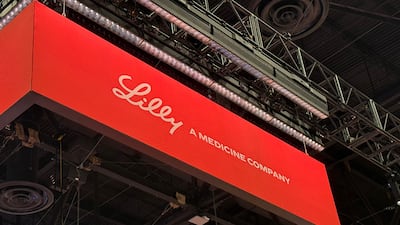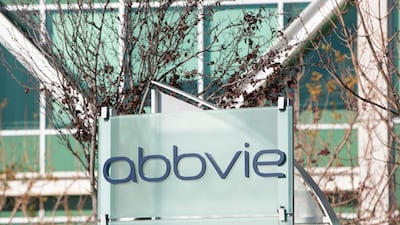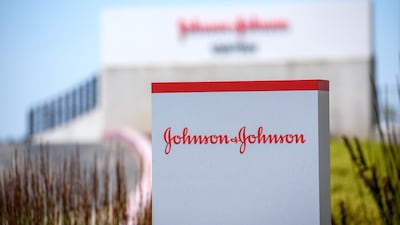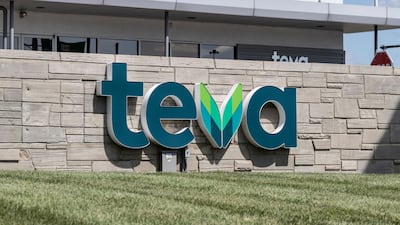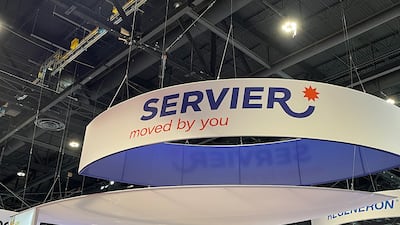Neurological
The company hopes to prove its RNAi platform is the most versatile and potent in cardiometabolic therapies in 2026 – and win one over on its long-standing rival, Ionis.
Enthusiastic predictions from industry leaders for ongoing progress in obesity, oncology, immunology, neuroscience and more were supported by optimism for the potential of AI and other technological advances to enable breakthroughs in processes as well as pipelines.
The drugmaker highlighted a wide array of development programs in its fourth quarter earnings, including moving tirzepatide into multiple inflammatory conditions.
With Skyrizi and Rinvoq expected to anchor growth this decade, AbbVie said it will look at big and small assets to help it deliver revenue growth during the 2030s.
The CHMP has delivered a negative trend vote on the US firm's filing for Daybue.
The company said the NEAT trial in ataxia telangiectasia did not meet the primary and key secondary endpoints.
US priority review for Japanese firm's first-in-class ADHD drug could result in approval of a new option this year.
Fund IV exclusively targets company creation and early-stage investing across the UK and the US.
The company plans to take Aqneursa to regulators in the US, Europe and elsewhere for ataxia-telangiectasia (A-T), which currently lacks any approved therapy.
Two months after adding major depressive disorder to Caplyta’s US label, Johnson & Johnson reported pooled data showing the drug can offer durable remission of symptoms.
Management says it is prepared to sacrifice early volume if pricing fails to reflect the drug’s role in moderate to severe schizophrenia.
Servier has deepened its AI-enabled collaborations with a deal potentially worth over €1bn with Iktos to accelerate small-molecule drug discovery for undisclosed targets in oncology and neurology.
Bright Minds Biosciences is preparing to advance BMB-101 toward registrational trials and present additional analyses later this year.
The Paris-headquartered firm has been hit with a complete response letter for its oral BTK inhibitor, quite a shock given that it was not expecting to hear from the US agency on its application for the multiple sclerosis drug until early next year.
The Japan-headquartered group is seeking a new partner for a Phase II-ready GPR52 agonist.
Despite recent setbacks in the field, big pharma still appears to have faith in the tau approach to Alzheimer's, as evidenced by Sanofi's new $1bn-plus deal with Korean venture ADEL for an early stage candidate.
The French firm has been hit with a double whammy for its oral BTK inhibitor for multiple sclerosis but analysts at Jefferies say it is premature to write the drug off.
The US FDA approved Uplizna (inebilizumab) for generalized myasthenia gravis, an increasingly crowded market. Amgen believes it can compete due to the CD19-targeting antibody’s durable efficacy with twice-yearly dosing.
The Switzerland-based group’s alpha-synuclein-targeted immunotherapy shows promise in slowing progression of the degenerative brain condition.
Dyne’s data from a larger Phase I/II trial cohort showed much greater dystrophin production with z-rostudirsen (DYNE-251) than seen with Sarepta’s Exondys 51 and some functional gains.

